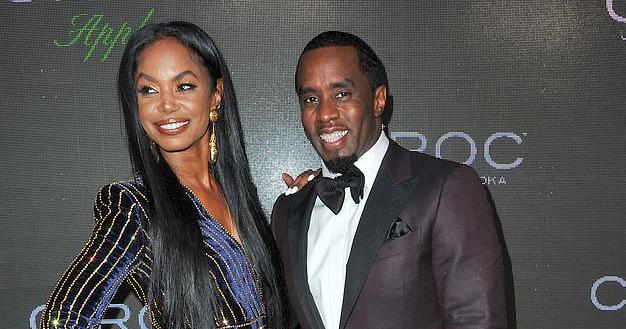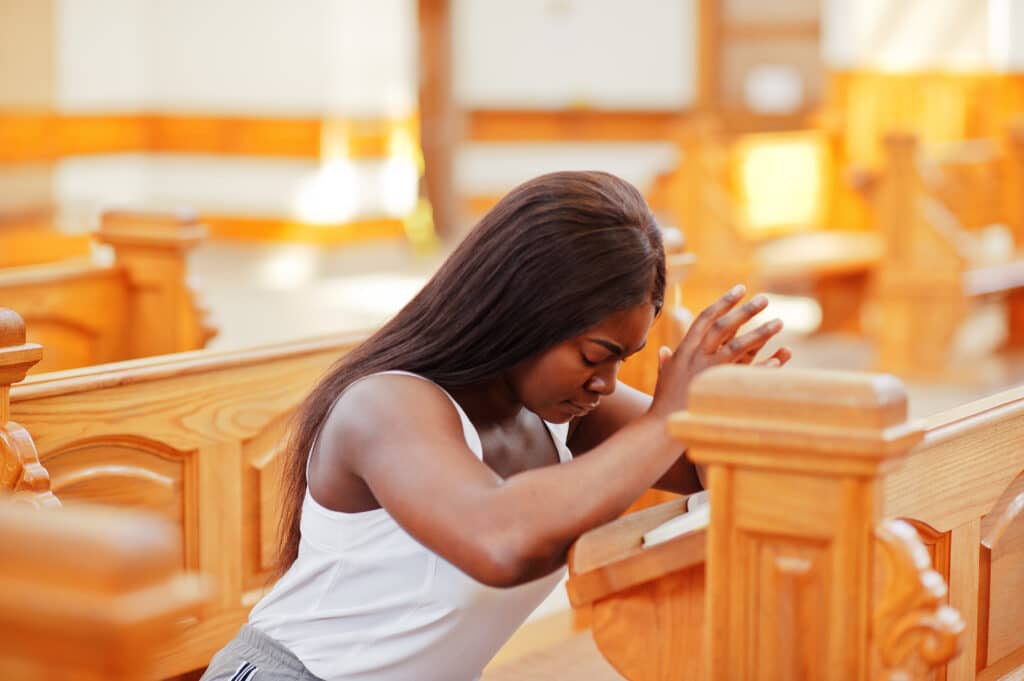
*I was blessed with a strong sense of self-awareness at an early age. At five years old, I knew that I was different from other little girls. I liked girls and not boys. For most of my adolescence, I hid a dirty little secret, and it wasn’t that. I was ashamed of not being raised in the church.
At first, I was too young to understand the rhetoric of the pastor’s sermons on “abomination.” The words “gay” and “homosexual” were never spoken when he preached that “a man should not lie with a man as with a woman.” I cringe as I recall the whispers about “those people” who lived in the projects where I grew up. Over time, I realized that I was one of those people.
As a result, I stopped going to church. I questioned my self worth. Was my faith not enough? Did my parents love me? Did anyone love me? Most importantly, did God love me? I had grown wary of religious fanaticism. I began to question everything I had been taught regarding religion. I felt confused and rejected. I began a downward emotional spiral into self-mutilation. Did anyone see me? Would anyone care if I were no longer here? I had no desire to end my life and yet, I needed to know that I could feel.
All that changed as I got older, when I began to attend non-denominational churches with my “chosen family.” In the LGBTQIA community, one’s chosen family is their family of choice. When members of the LGBTQIA community are rejected by their parents and biological family members, they seek to fill that void. My teachers and gay men became my chosen family when my biological family no longer chose me. They fueled a part of me that I didn’t know existed … my faith. The non-denominational churches accepted me as I was.
Later in life I dated a few Southern Belles. I was in awe whenever we attended services at their Southern Baptist church homes. Although I never felt accepted there, those experiences made me miss worshipping in the house of the Lord. There is an indescribable difference between being raised in the church down South versus anywhere else in the world. Something moved through me as the choir hummed about the struggles of our ancestors meshed with the spirit of God. I flashed back to my childhood when my aunts, uncles and I gathered around the TV to watch “The Ten Commandments” during Christmas. I naively wondered: What happened to the sanctity of God’s commands? If I followed those tenets, then surely that was enough to be worthy of God’s grace and mercy.
OTHER NEWS ON EURWEB: After Multiple Concert Cancellations DaBaby Apologizes to the LGBTQ+ Community
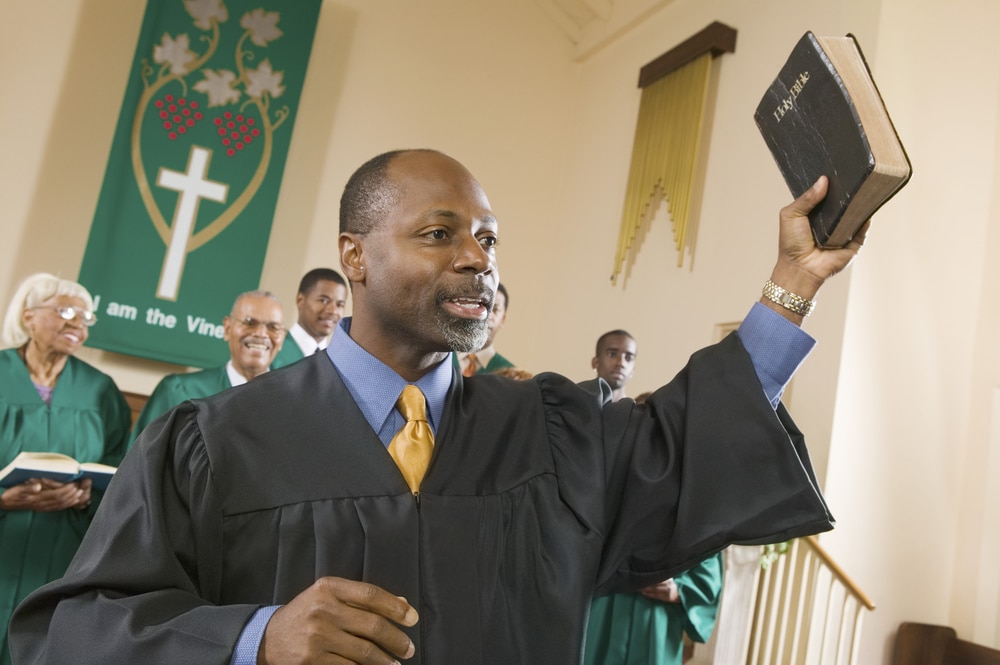
But what about the doctrines of the clergy who condemned me and the LGBTQIA community to hell? The hypocrisy was mind-boggling. Did anyone judge the pastor who had been married to the first lady for two decades but had another family across town? (Thou shalt not commit adultery.) Whatever happened to the pastor who stepped down from the pulpit before being indicted for embezzlement?(Thou shalt not steal.) What about the pastor who had multiple affairs with married parishioners?(Thou shalt not covet thy neighbor’s wife.) How long would the congregation remain tone deaf to rumors of the bishop’s affairs with choir boys simply because he was the bishop?(Thou shalt not have strange Gods before me.)
I soon realized that clergy members often cherry-pick sins from what is written in the Bible. They twist and mold Scripture to fit their personal agendas. Like a lost flock, the congregation blindly follows. As a result, many African American LGBTQIA members struggle with coming out. I’ve had many late-night conversations with friends about leaving the beloved churches they were raised in. The fear of being ostracized or dishonoring their families plays a vital role in their decisions not to reveal their truth.
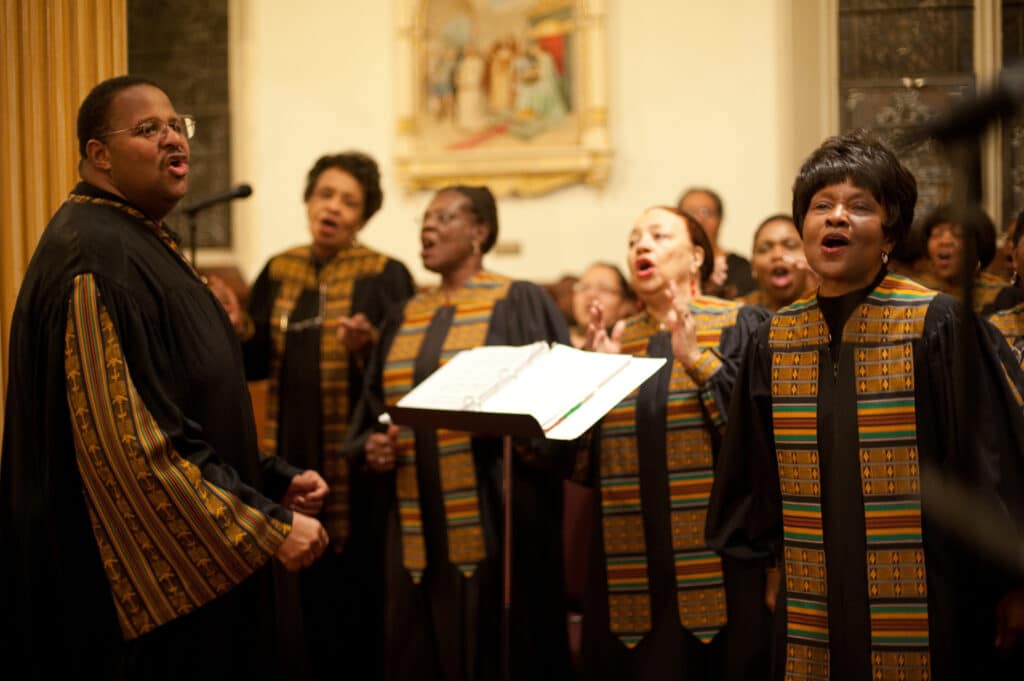
I don’t envy my closeted friends who rise through the church ranks while simply being tolerated or ignored. The church values fragments of the LGBTQIA community so long as we conform to religious norms. We are often viewed and used as pawns. What congregation doesn’t appreciate a gay choir director? Sadly, that appreciation is often replaced with disdain whenever he speaks of his significant other. When AIDS became a global epidemic in the early 1980s, the widespread labeling of it as a disease only of gay men was unshakable, earning them more condemnation and discrimination. And yet, members of the clergy hand-picked LGBTQIA parishioners to lead the HIV/AIDS ministry due to fear and stigma.
Clergy leaders are mere men and women, not God. I remain steadfast in knowing that God loves me, although some church leaders may not. I miss attending church, feeling the power of communal worship. I’ve yet to find a church home where all of who I am is welcomed. Until then, I will continue to attend “Bedside Baptist” services with my mother every Sunday morning. She brews our coffee while I make her favorite breakfast. No matter what I’m going through, there is nothing like hearing her quote Scripture and remind me that “God is not going to give you more than you can bear.”
It is then that I remember one of my favorite commandments. Honor thy father and thy mother.
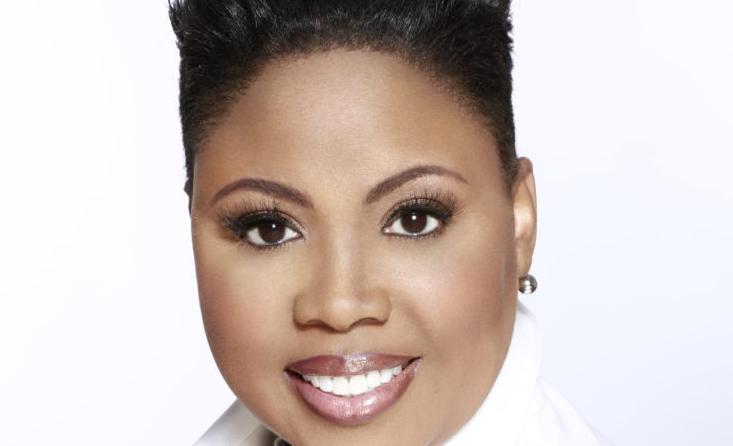
Monika M. Pickett is a highly sought-after speaker and LBGTQ rights activist. She is available for press interviews and book signings. For more information, go to the website: www.monikampickett.com.
We Publish News 24/7. Don’t Miss A Story. Click HERE to SUBSCRIBE to Our Newsletter Now!





